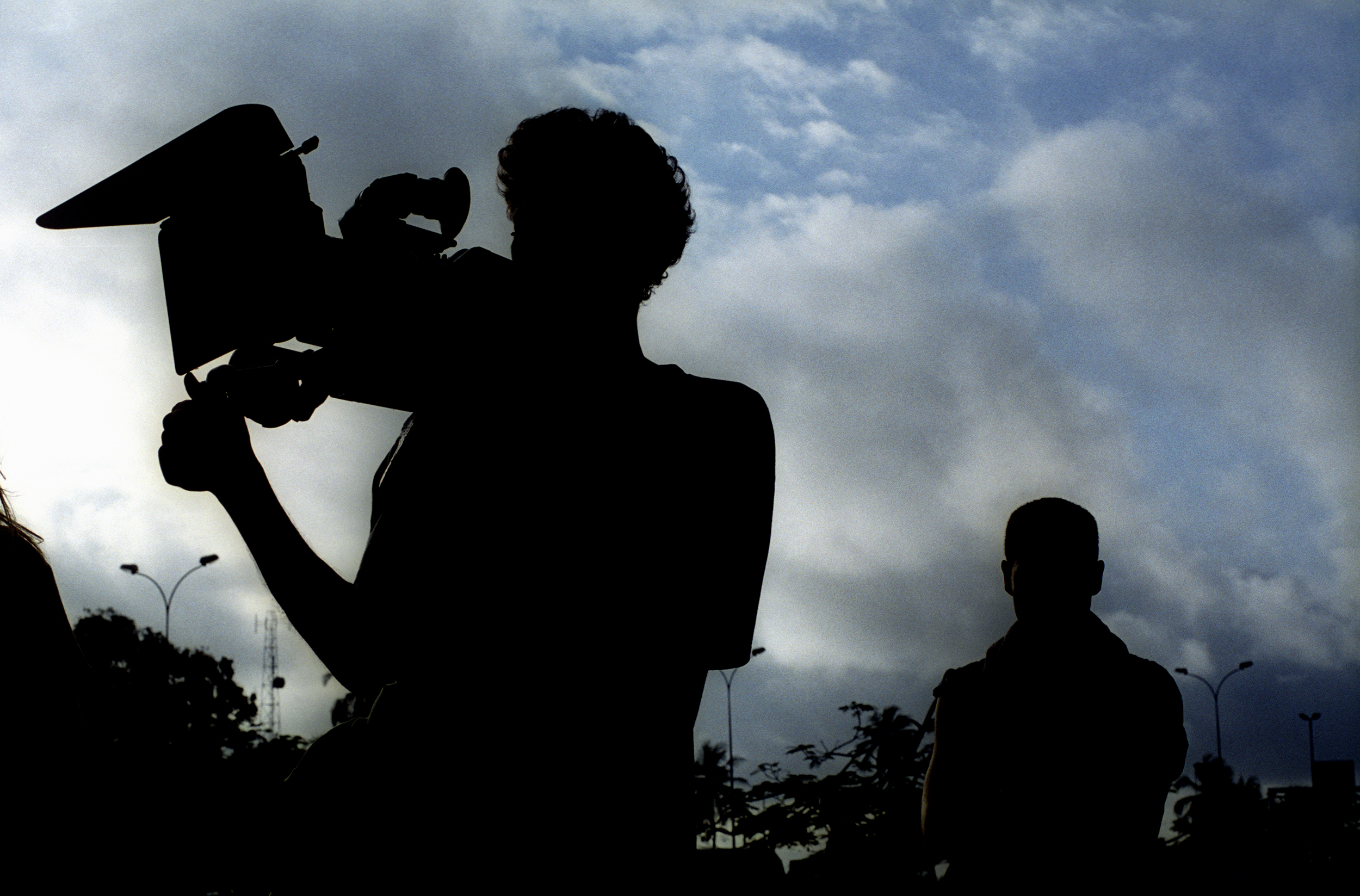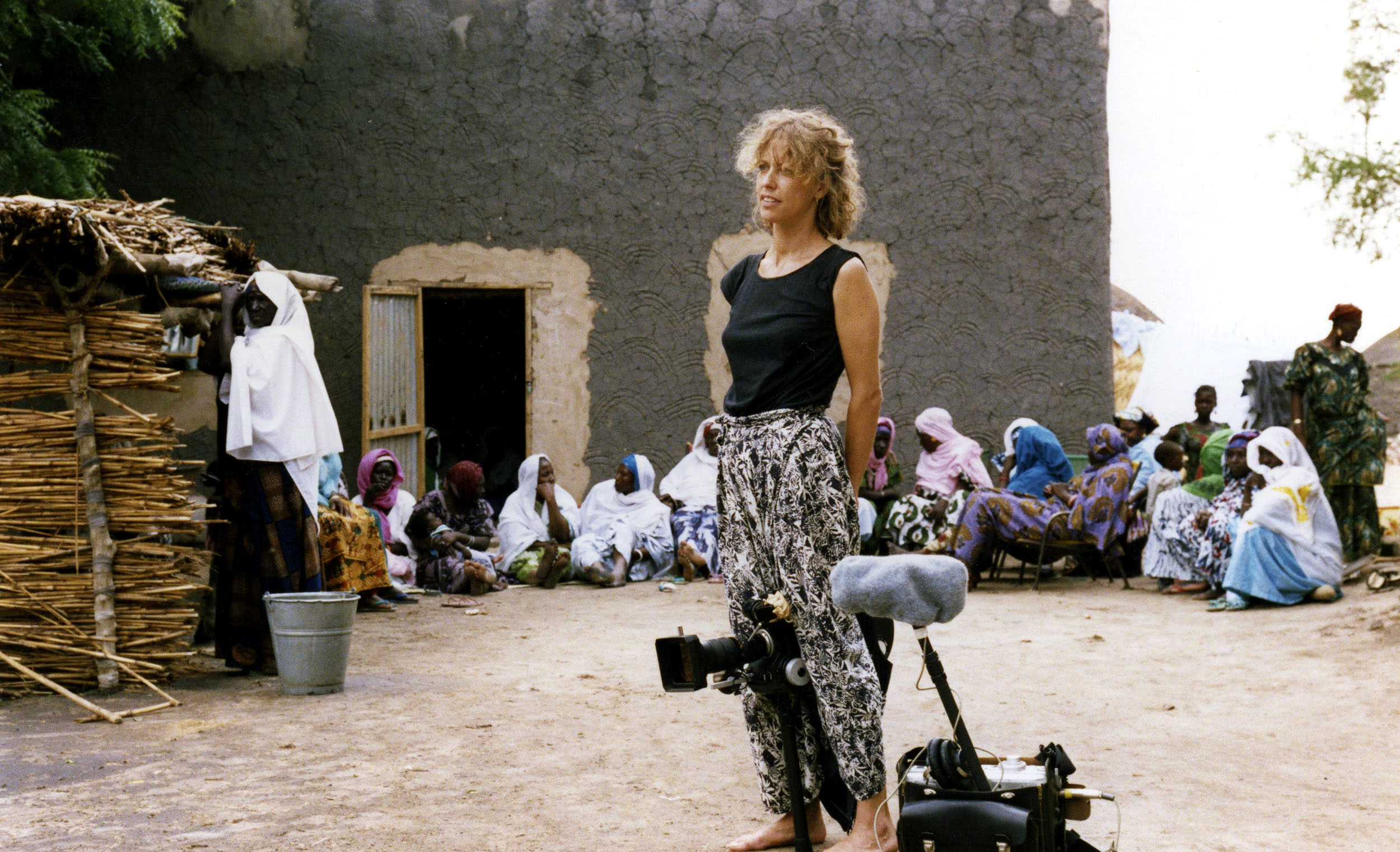
CINEMA
ETHNOLOGY AND CINEMA

After the Ocean – filming ©tomaBaqueni
Cinema and anthropology came into being at the end of the 19th century. In this period of consolidation of the English and French colonial empires, it was necessary to bring back the world of the natives “as it was”, as witnessed by films, objects, music recordings and photographs. This is how the great expeditions were filmed from the end of the 19th century onwards, and how ethnologists set off to the farthest reaches of the conquered territories. From then on, cinema and museography remained tied to this discipline.
“CULTURAL IDIOTS”
After the Second World War, ethnographic film emerged as a counterpoint to colonialist documents. The dominant and misleading ideology was countered by an objective “scientific” view of the natives. The academic guaranteed what was said with an unambiguous commentary describing local traditions and the authenticity of the wilderness. Some even took the watches off the natives’ wrists! Occasionally a local witness would speak, but this was always to corroborate what was being said from above.
The actors – individuals or groups – were reduced to functions: the hunter, the healer, the priest… “cultural idiots”, as Harold Garfinkel ironically put it. Images and sounds were merely used to illustrate the discourse. The explanation padlocked any identities, dynamics or contradictions that might arise, subjugating the viewer to univocal knowledge.
For me, this was neither cinema nor ethnography. I discovered that explanation, the central register of science, was the enemy of the image, which escapes the discursive logic of words. One of the intrinsic strengths of cinema is silence and emptiness.

Contes et Décomptes – Aaton camera and Nagra recorder – Niger
From the opening scenes of the film Les Temps du pouvoir, (Times of Power) I realised that filming was transforming my relationship with the field, compared with the days of written notes and a few photos. Whether you’re in front of the camera or behind it, you enter into a co-creation that acts upon us [filmer/filmed] just as we act upon it.